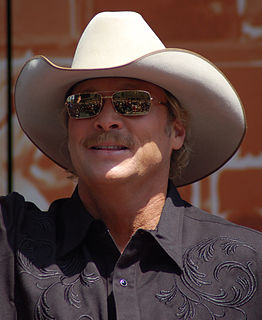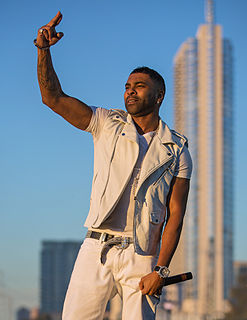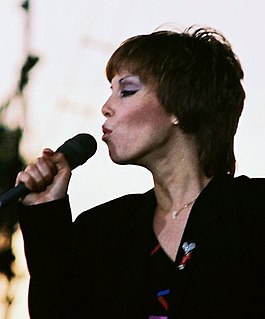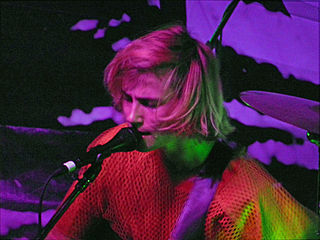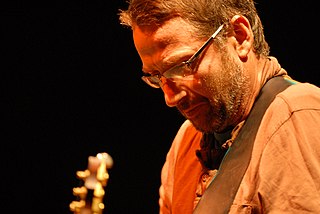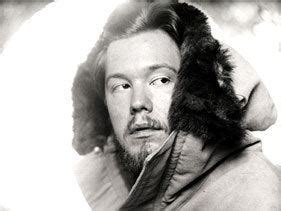A Quote by Robert Wyatt
There are a lot of composers who were fantastic, but I challenge them to write a record that you could play five times a day for two months on the radio, songs that people will want to dance to on a Saturday night.
Related Quotes
I want young Indian composers to be able to do more than just film music. I want to give them the skills that will enable them to create their own palette of sounds instead of having to write formulaic music. It doesn't matter if they become sound engineers, producers, composers or performers - I want them to be as imaginative as they like.
In executing an Artful Strategy: When ten times greater, surround them; When five times greater, attack them; When two times greater, scatter them. If the opponent is ready to challenge: When fewer in number, be ready to evade them; When unequal to the match, be ready to avoid them. Even when the smaller opponents have a strong position, the larger opponent will capture them.
People always say that music is a universal language. It was very, very true. We could show up anywhere with any people speaking different languages and we could just be like, "You want to play that song? Yeah, okay." We would usually want to play Latin American songs, and they would usually want to play Santana or Jimi Hendrix and stuff like that. So we would trade off. So yeah, we were able to make a lot of friends that way and meet a lot of local musicians. It was a great experience.
Some kid can say, "Hey, I really want you to play my town in Switzerland, or Sweden, or Latvia," and they could have a fun night at the show. On the other hand, all those kids could have a record that means something to them in a more personal way a couple months down the road. The live band is a really important thing for us, but my focus is on the album now.
I could write all songs all day long about what I think about the music industry or music in general. Sometimes I gotta be like, "Let's write about something else." You don't want to say the same thing over and over again. In a lot of ways, I look at records as a year or two of my life encapsulated in songs. They're almost like journal entries.
When I went to do "Carson" that night, they wanted us to do two songs, but we were a brand new band. "Conga" hadn't even hit the top 10 yet. They go, "Do you think you could do something that people know, because we want you to do a second song, but not two originals, because we don't want to lose the audience, just in case."

